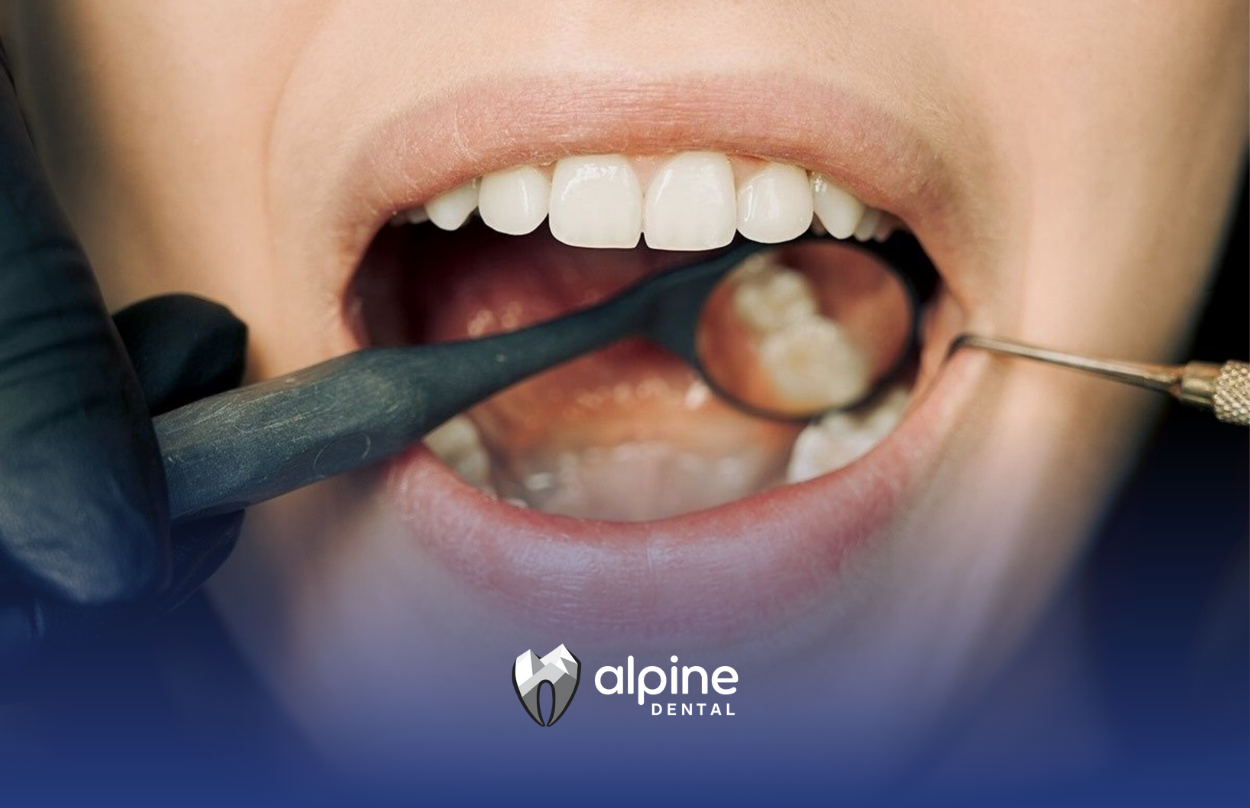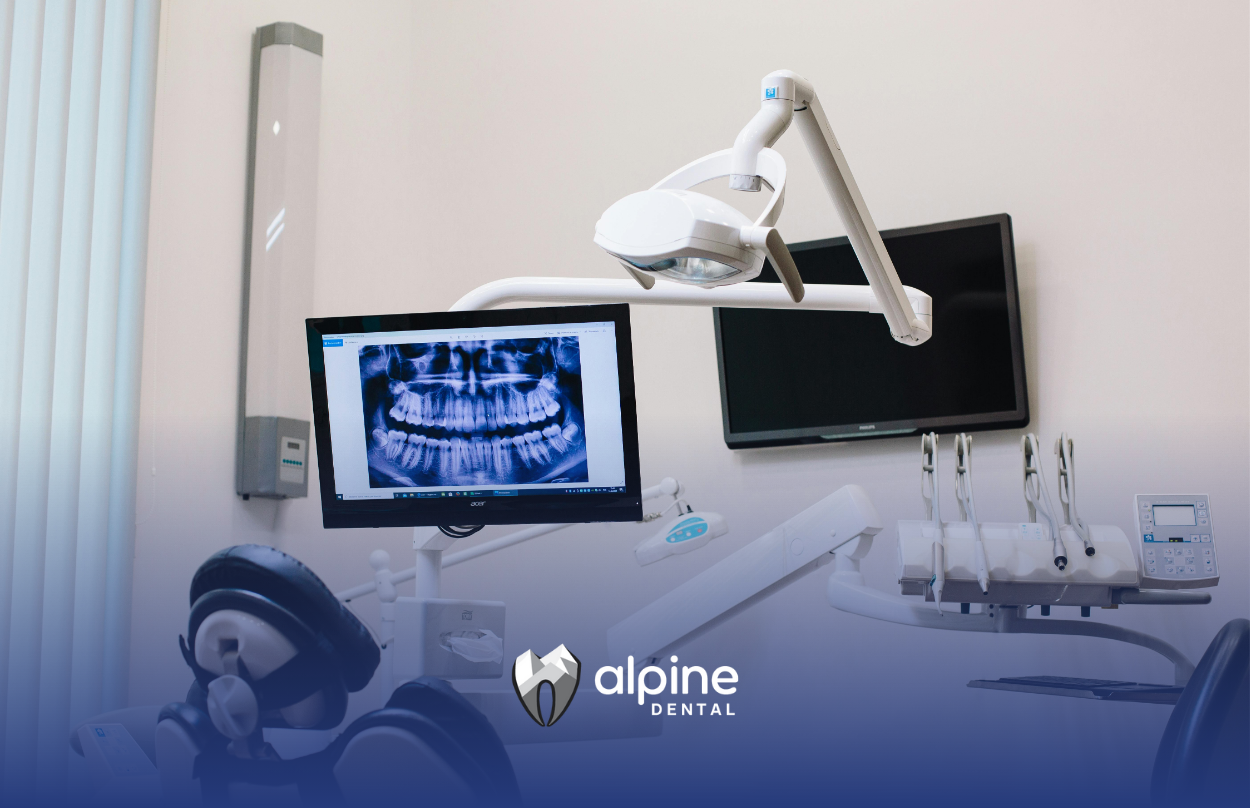Is Vitamin D Good for Oral Health?
Vitamin D plays a vital role not only in bone health but also in maintaining strong teeth and healthy gums. This essential nutrient helps the body absorb calcium and phosphate, two minerals that support enamel strength and protect against tooth decay. Without enough vitamin D, teeth may become weaker and more vulnerable to cavities, fractures, and gum disease.
Research also shows that vitamin D has anti-inflammatory properties, which can reduce the risk of periodontal (gum) disease. Since gum disease is a leading cause of tooth loss, maintaining healthy vitamin D levels is an important part of overall oral care.
Sources of vitamin D include sunlight, fatty fish, fortified foods, and supplements. People who spend limited time outdoors or have dietary restrictions may be more likely to experience a deficiency, which can impact both oral and general health.
While vitamin D is beneficial, it’s not a replacement for proper dental care. Brushing, flossing, and routine dental checkups remain essential. If you’re unsure whether you’re getting enough vitamin D, your dentist or physician can provide guidance.
At Alpine Dental, we care about your whole-body health because it’s closely connected to your smile.
Frequently Asked Questions
How does vitamin D affect teeth?
Vitamin D helps the body absorb calcium and phosphate, which are essential for strong teeth and bones.
Can vitamin D deficiency cause dental problems?
Yes, low vitamin D levels can contribute to weak enamel, gum disease, and a higher risk of cavities.
Should I take vitamin D supplements for oral health?
Supplements may help if you have a deficiency, but it’s best to consult your dentist or doctor first.




